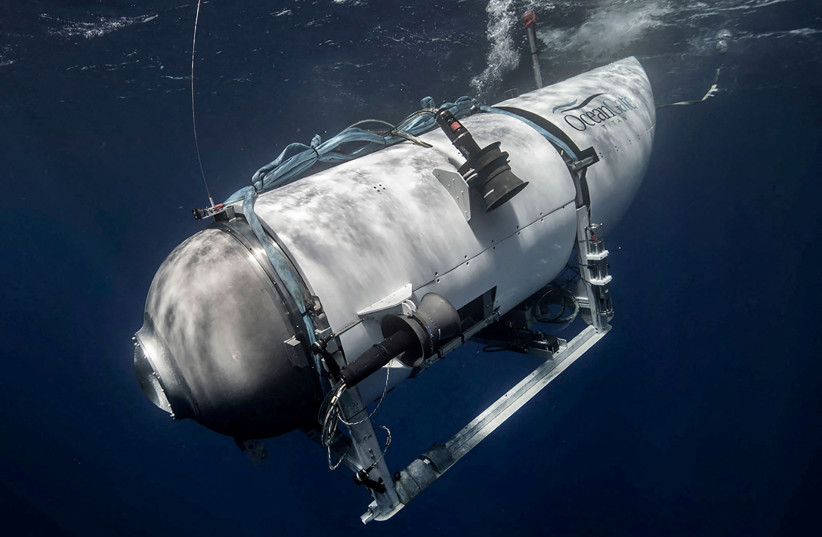The search operation launched in a desperate bid to locate the missing Titan submersible is expected to result in expenses amounting to millions of dollars, the Wall Street Journal reported experts as saying.
The unprecedented international effort involving aircraft, surface ships and deep-sea robots commenced immediately after the Titan was reported missing on Sunday, June 18. Search teams raced against the clock, facing a 96-hour window, hoping to locate and rescue the occupants before their oxygen supply ran out.
However, on Thursday, officials confirmed that the submersible had suffered a catastrophic implosion, leading to the loss of all five individuals on board.
Search spanned thousands of miles, using thousands of dollars
Despite the devastating outcome, a scaled-back search operation persisted on Friday, with remotely operated vehicles (ROVs) scanning the ocean floor for any evidence that could shed light on the incident's circumstances in the deep waters of the North Atlantic.

The search area spanned thousands of miles, roughly twice the size of Connecticut and encompassed waters reaching depths of 2.5 miles. Various agencies, including the US Coast Guard, Canadian Coast Guard, US Navy and private entities, contributed to the extensive search efforts.
Norman Polmar, a naval historian, analyst and author based in Virginia, noted the unparalleled nature of this ocean search. He highlighted the involvement of numerous countries and even commercial enterprises, making it a highly complex and resource-intensive operation.
The aircraft employed in the search operation alone incur significant costs. The Government Accountability Office estimates the hourly expenses to be in the tens of thousands of dollars. Turboprop P-3 Orion and jet-powered P-8 Poseidon sub hunters, along with C-130 Hercules aircraft, were utilized throughout the search.
While some agencies have the ability to seek reimbursement, the US Coast Guard, responsible for a substantial portion of the costs, is generally prohibited by federal law from collecting reimbursements for search and rescue services. Stephen Koerting, a maritime law attorney in Maine, highlighted this legal restriction.
"The Coast Guard, as a matter of both law and policy, does not seek to recover the costs associated with search and rescue from the recipients of those services," the Coast Guard said on Friday.
Mikki Hastings, president and CEO of the National Association for Search and Rescue, reaffirmed the importance of prioritizing lives in distress during search operations.
"In the end, these people were in distress," she said. "We know what the ultimate result was. But during the search operation, there are people who are in distress."
"Every person who is missing - they deserve to be found. That's the mission regardless of who they are," Hastings added.
"I don't have information about the cost, but from my perspective, that is irrelevant," Joyce Murray, Canada's minister of fisheries, oceans and the Canadian Coast Guard told reporters. "What matters is that we have a chance to find this submersible and bring people to the surface."
